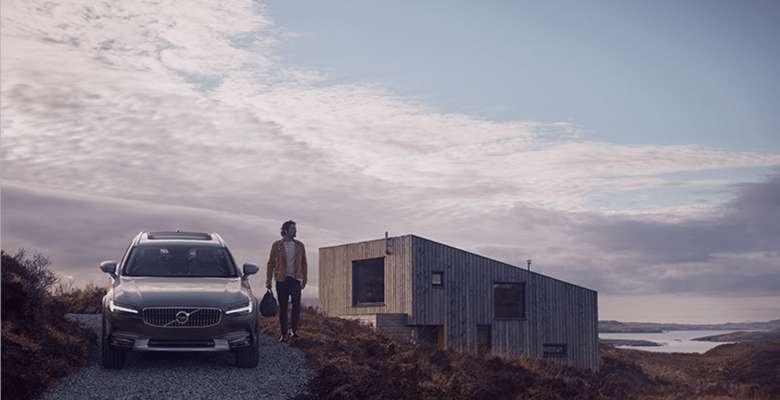Idea by
Elena Malakhatka
https://www.liveinlab.kth.se/en
Call for ideas 2021
DEURBANIZATION LAB
DEURBANIZATION LAB

- New alliances
Less density, more distance! After the coronavirus pandemic, people will be more fearful of crowded trains and buses, cafes and restaurants, theaters and stadiums, supermarkets and offices. Crowded spaces are the lifeblood of cities. But now crowds are seen as major health risks. People who have the ability to exit the city will increasingly be tempted to do so.
This project touches a subject of sustainable lifestyles and behavioural change, which means that different parts of energy systems will be involved into the analysis: transportation, housing, goods consumption and everyday services. It has already been proven that people living outside the city spend more time outdoors, which significantly reduces operating hours at home. S We need to create more ecological and minimalistic home environment with respect to the culture and the heritage of the place, where such houses will be settled.
DEURBANIZATION LAB
DEURBANIZATION LAB

- New alliances
Less density, more distance! After the coronavirus pandemic, people will be more fearful of crowded trains and buses, cafes and restaurants, theaters and stadiums, supermarkets and offices. Crowded spaces are the lifeblood of cities. But now crowds are seen as major health risks. People who have the ability to exit the city will increasingly be tempted to do so.
This project touches a subject of sustainable lifestyles and behavioural change, which means that different parts of energy systems will be involved into the analysis: transportation, housing, goods consumption and everyday services. It has already been proven that people living outside the city spend more time outdoors, which significantly reduces operating hours at home. S We need to create more ecological and minimalistic home environment with respect to the culture and the heritage of the place, where such houses will be settled.